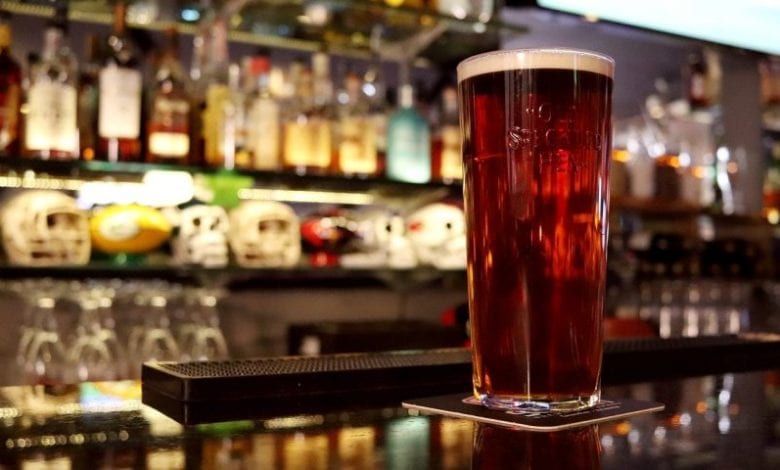Pub and restaurant groups maintain summer momentum

Britain’s managed pub and restaurant groups saw collective like-for-like sales grow 1.6% in August compared with the same time last year.
Drink-led pubs and bars, recorded the greatest growth, as sales increased 4.1% on the back of late month heatwave, according to the latest figures from the Coffer Peach Business Tracker.
Regionally, London performed better than the rest of the UK, like-for-like trading was up 2.9%, against 1.2% for outside the M25. Restaurant groups in the capital were also in positive territory, up 0.5% against minus 0.5% outside.
Pub groups saw drink sales up 3.8% over the month, with food sales marginally down 0.1%. Restaurant groups had a more subdued month, following a good July, with collective like-for-like trading down, down by 0.2%.
Total sales across all companies, which include the effect of net new openings since this time last year, were ahead 4.3% compared with last August.
Underlying like-for-like growth for the Tracker cohort, which represents both large and small groups, was also running at 1.7% for the 12 months to the end of August.
Mark Sheehan, MD at Coffer Corporate Leisure, said: “These are solid numbers generally with pub sales again outperforming restaurants partly helped by the weather.
“Consumer habits are changing fast especially in the restaurant sector, evidenced by The Restaurant Group announcing that they are to close up to half of their mainstream restaurants over time. Until recently these were seen as the best portfolio of sites in the market and demonstrates the difficulties being experienced by many restaurant chains.”
Paul Newman, head of leisure and hospitality, RSM, added: “Despite ongoing political uncertainty and with the UK on the cusp of a recession, Britain’s drink led pubs had much to cheer in August with sales buoyed by the long, hot days that ended the summer.
“The news for restaurants was less upbeat as consumers look to balance their household budgets by cutting back on eating out. With underlying costs outpacing top line growth, we fear some food operators will struggle to meet upcoming quarterly rent bills which could lead to further casualties in the UK mid-market dining sector.”






